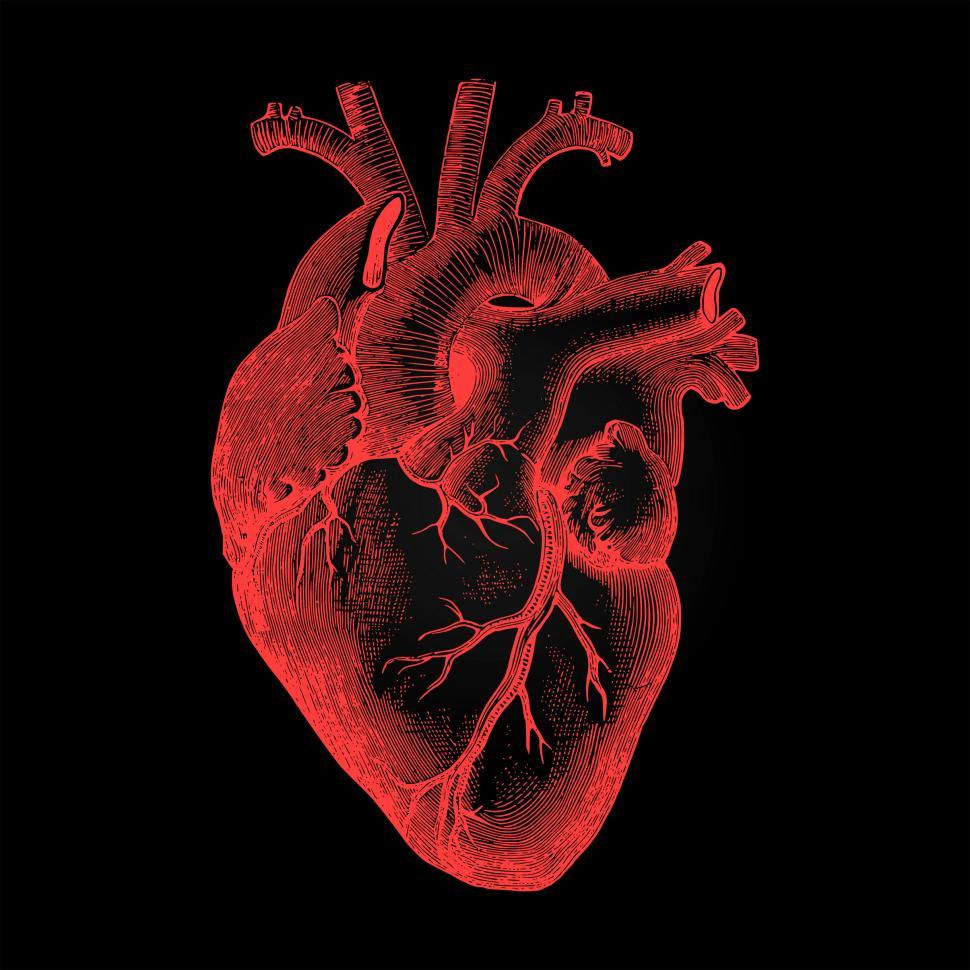What Is Heart Disease? Cardiovascular Health Problems Explained
- oneweekcna
- Jul 16, 2020
- 2 min read

WHAT IS HEART DISEASE?
You may hear the terms “heart disease,” “cardiac disease,” and “cardiovascular disease” all during a single medical appointment. The former two technically refer to any disease that affects your heart. According to Dr. Jay Cohn, author of Cardiovascular Health and Director of the Rasmussen Center for Cardiovascular Disease Prevention, the remaining term “is the result of a progressive biological process in the arteries and heart.”
"All three terms are referring to the same thing, which is the overall health of your heart and blood vessels."
COMMON TYPES OF HEART DISEASE
Now that you have a foundational understanding of what heart disease is, let’s explore some examples. Keep reading to learn more about a handful of the most common heart conditions.
1. CORONARY HEART DISEASE
The most common type of heart disease in the US is coronary heart disease, and it occurs when plaque builds up inside the arteries that supply blood to your heart. Plaque build-up makes it more difficult for blood to circulate and may eventually lead to a heart attack. The type of plaque buildup that leads to coronary heart disease can also contribute to stroke, which harms your brain. It can similarly result in peripheral artery disease, a condition that restricts blood flow to your legs or other body parts. This might not sound serious, but Dr. Ahuja says, “Patients can develop leg infections from the lack of blood flow, or worse — even require amputations.”
"Patients can develop leg infections from the lack of blood flow."
The good news is coronary heart disease and related problems are preventable. We’ll touch more on that a bit later.
2. HEART FAILURE
Heart failure doesn’t mean that the crucial organ has ceased functioning, but that it isn’t working as well as it should. Dr. Gillian Goddard, an Endocrinologist at Park Avenue Endocrinology & Nutrition PLLC, says this means it isn’t able to pump as well as it should. This may happen due to coronary heart disease, but any type of heart damage, weakness, or stiffness can result in heart failure. Congestive heart failure is a specific type that happens when blood backs up into other tissues, which can lead to swelling and fluid buildup in your lungs. It’s a serious condition that requires careful medical attention.
3. ARRHYTHMIA
“The heart’s electrical system can be damaged or disrupted, leading to an irregular heartbeat,” Dr. Goddard explains. These abnormal beats are called arrhythmias, and they’re more common than you might expect. It’s possible your doctor will notice the irregular beat before you would on your own. While arrhythmias are often harmless, serious ones can be fatal.
"The heart’s electrical system can be damaged or disrupted, leading to an irregular heartbeat."
HOW CAN YOU PREVENT HEART DISEASE?
Risk factors for heart disease are usually categorized in two ways: those we can change and ones we can’t control. Dr. Ahuja recommends you actively make smart choices to help manage blood pressure and cholesterol. “If patients can avoid obesity with a proper diet and exercise and avoid smoking, they minimize their probability of developing risk factors for future heart disease,” he says.
"Family history is especially important in predicting early heart disease and stroke."

Comments